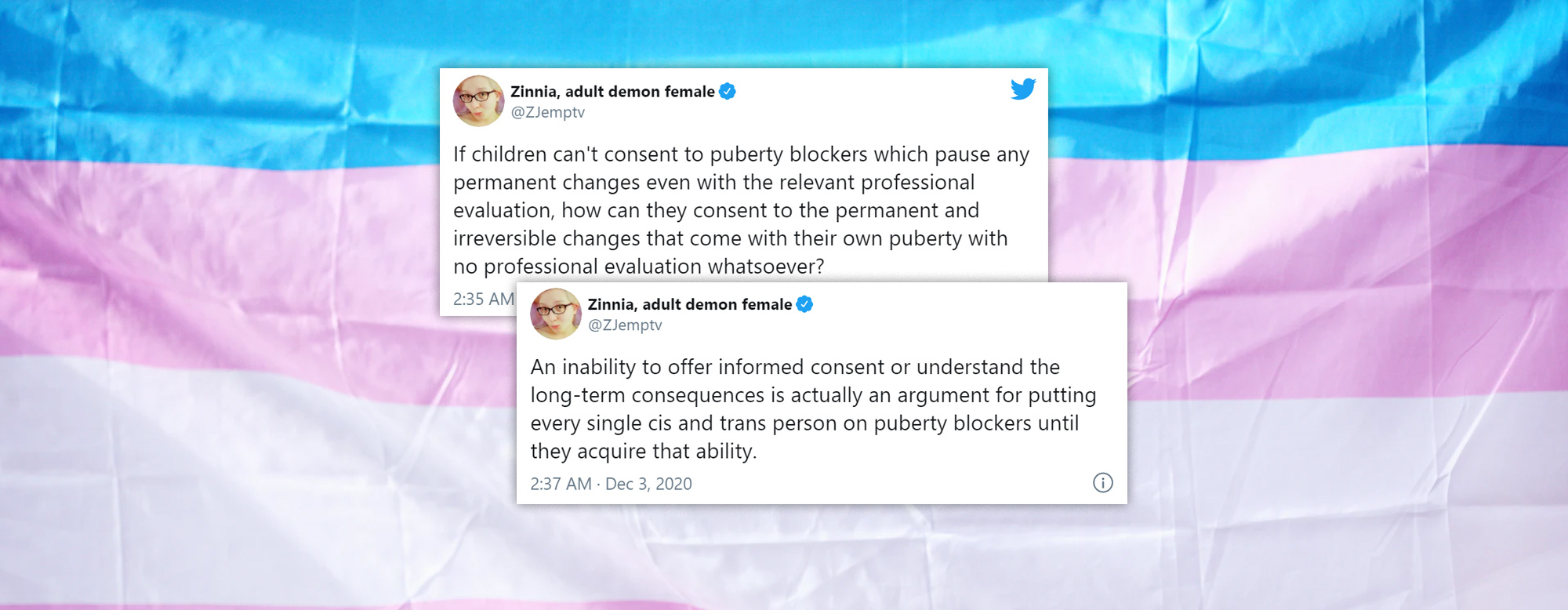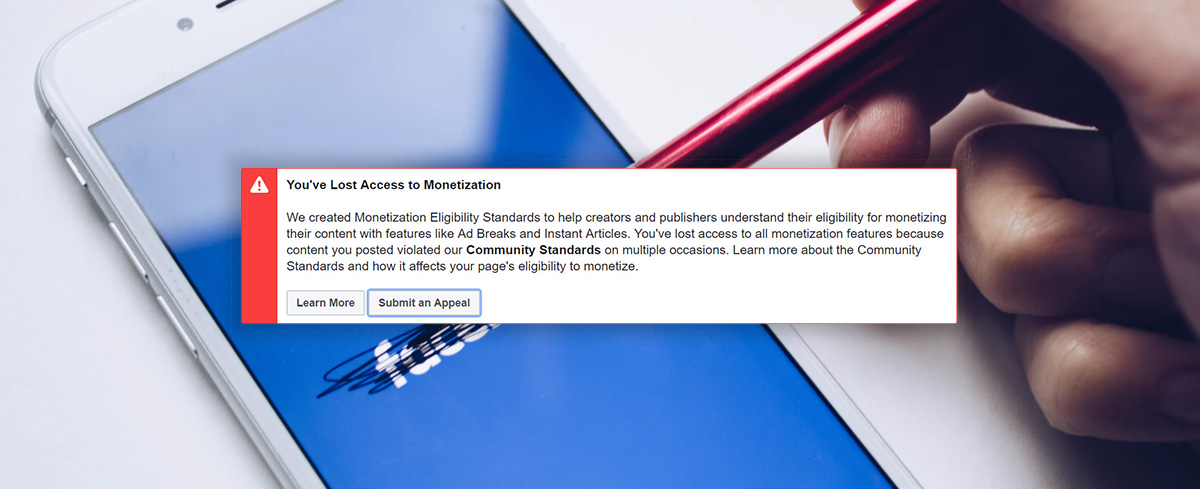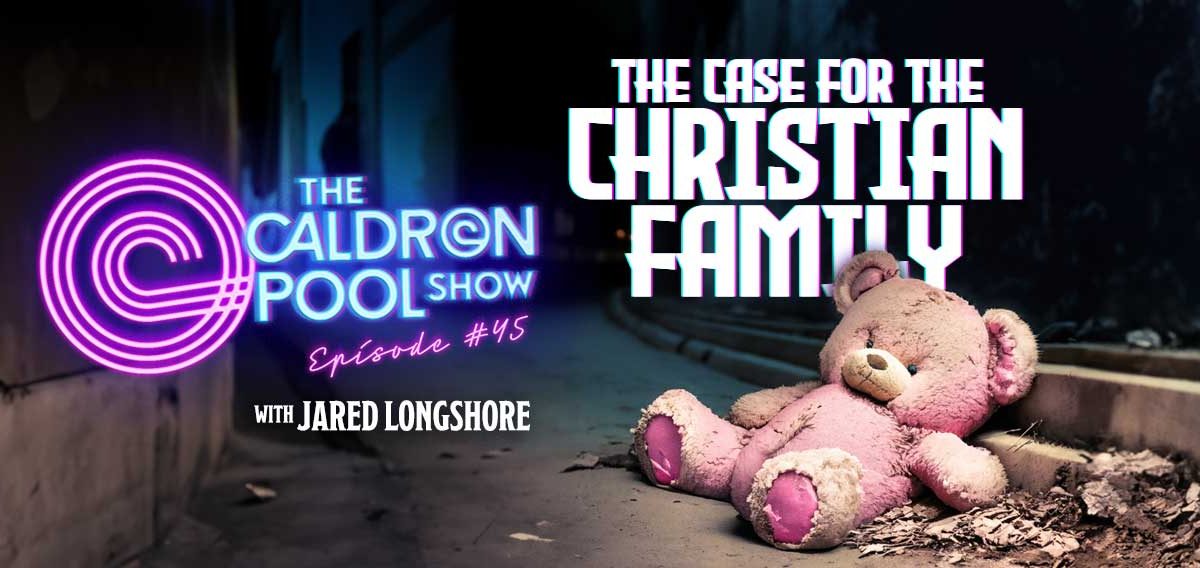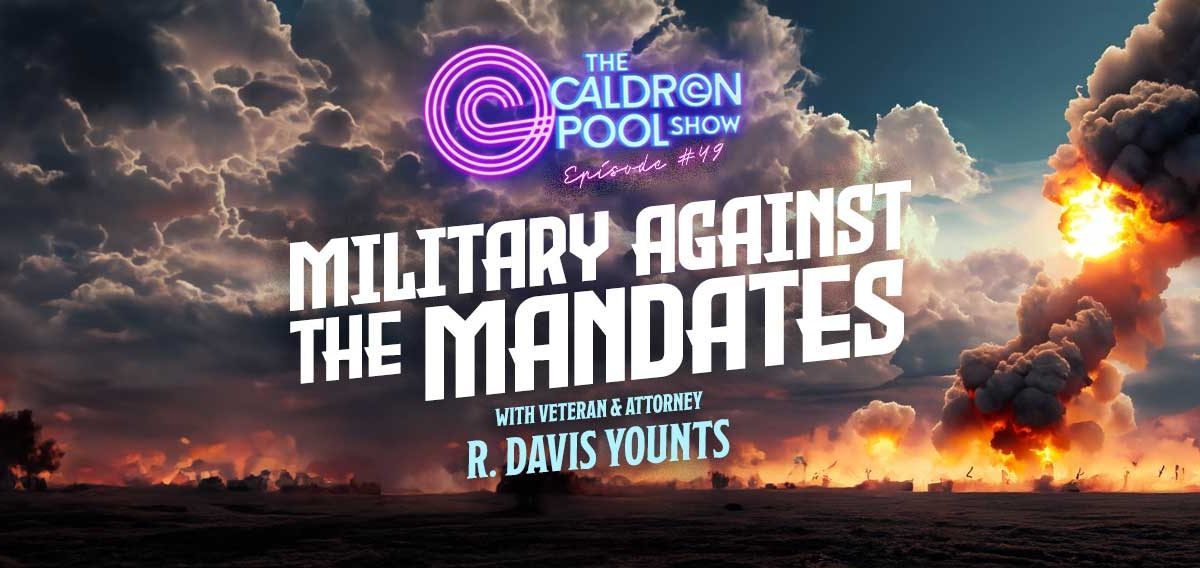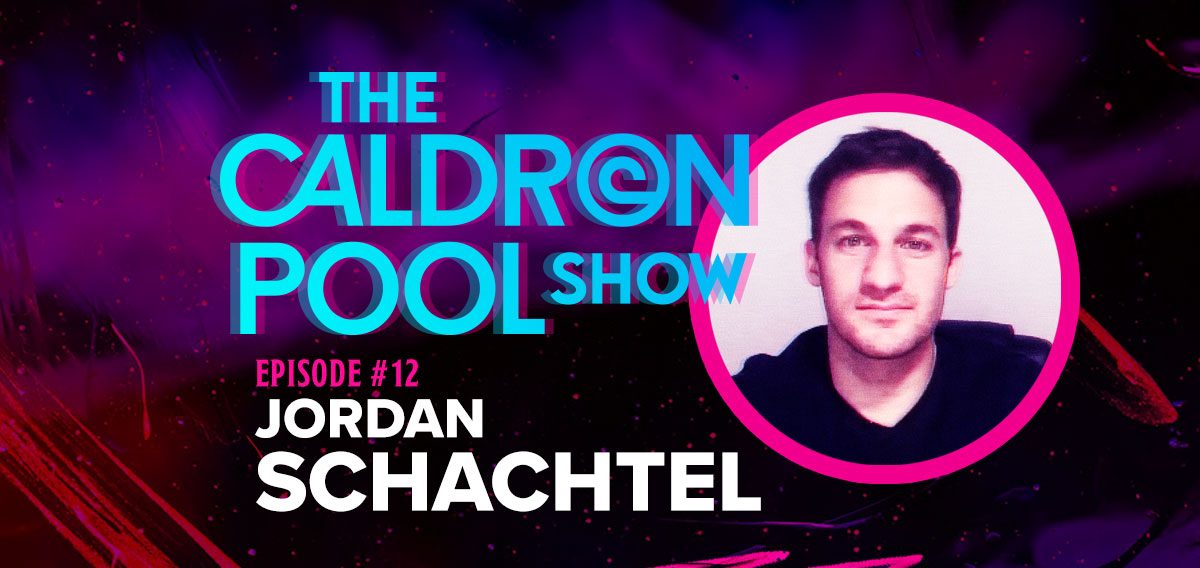As an Australian-American, I often live in the best of both worlds and am well accustomed to the ideological differences between both countries, whether it be on theological, social, or political issues. But perhaps the most significant cultural difference I have noticed between Australia and America is the difference between two types of culture: “monoculturalism” and “multiculturalism.”
A significant part of America’s value system is rooted in the notion of E pluribus unum, which is Latin for “out of many, one” and is found on the Great Seal (America’s national symbol). Notice in the motto that the emphasis is not on the “many” but on the “one.”
On the other hand, according to Australia’s most popular national song I Am Australian, Australia is rooted in the idea that “we are one, but we are many.” Notice in the lyrics that the conjunction places more of a natural emphasis on the “many.”
Americans place little importance on the ethnic origins of their fellow citizens. As an example, when an immigrant, regardless of their ethnicity, becomes an American, he is treated as no less American than America’s ancestors who arrived in America hundreds of years ago and thereby assimilates into American culture readily.
This can be observed in the simple fact that millions of Americans patriotically hang American flags outside their homes, love their Constitution, despise globalism, and often find it difficult to locate cities outside of America on a world map.
Also, from personal experience, when Americans ask me where I am “from,” it usually means they are inquiring about what American state and city I am from. Therefore, while Americans come in all kinds of colors and ethnicities, they typically hold to “monocultural” ideals, since their national American identity takes precedence over their blood origins.
Australia, on the other hand, is unashamedly “multicultural.” Indeed, it is one of the most multicultural societies on earth that prizes the diverse ethnic cultures of its citizens.
For example, if a person from Lebanon emigrates to Australia, he will, first and foremost, be regarded as “Lebanese” before he is regarded as “Australian.” The chances of him hanging the national flag outside his house are slim to none, just as the chances of the average Australian hanging the national flag outside their house are slim to none (unless there’s a connection to the Australian Defence Force).
Moreover, in Australia, the word “nationality” refers not to one’s nation of citizenship but to their nation of ethnic origin. In fact, being a person of color, a common question Australians often ask me is, “What’s your natio?” (“Natio” is shorthand for “nationality.”)
If I respond by answering, “I’m Australian,” I almost always get the same (reworded) question immediately after. “But where are you actually from?” they inquire.
In other words, Australians, being multicultural, love cultures outside Australia and therefore exhibit greater curiosity about the ancestry of their fellow Australians—viewing ethnicity as central to national identity. Americans, being monocultural, love American culture and generally are “colorblind”—viewing American citizenship as central to national identity.
Having said that, I am grateful for the divine providence that set the boundaries of my habitation in Australia and America—two of the greatest nations on God’s green earth. Therefore, regardless of which side of the Pacific I reside, I will always bleed red, white, and blue.








